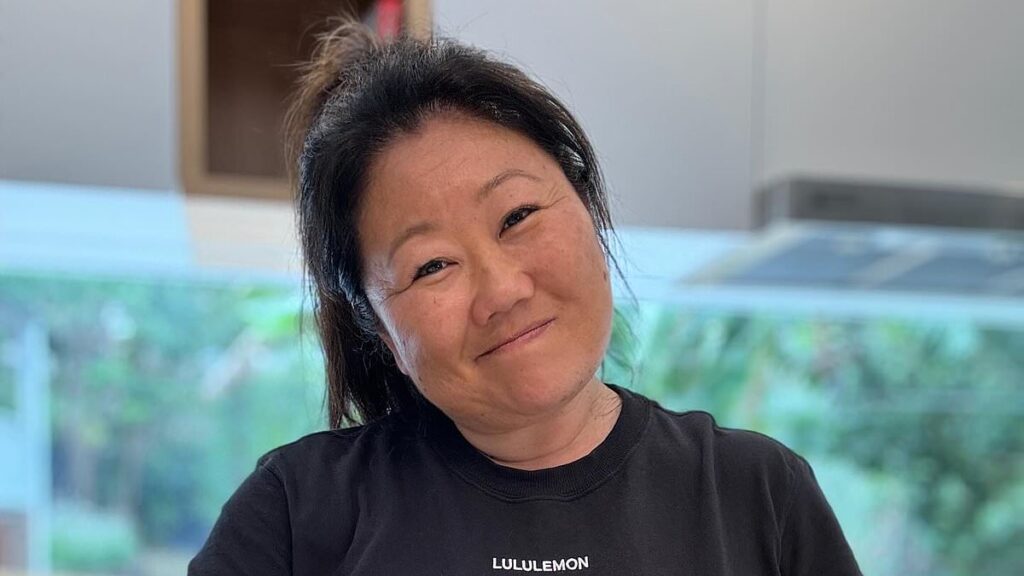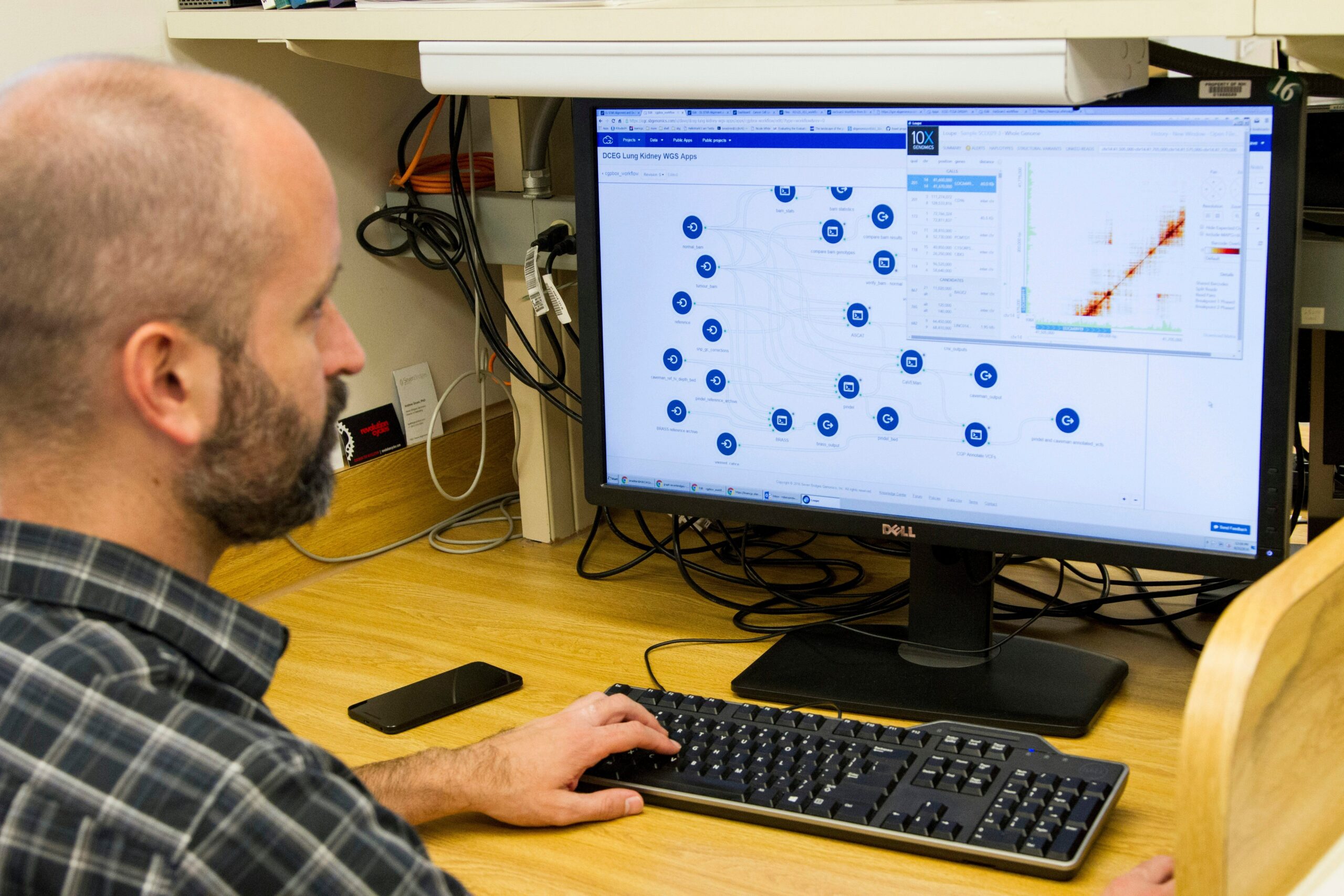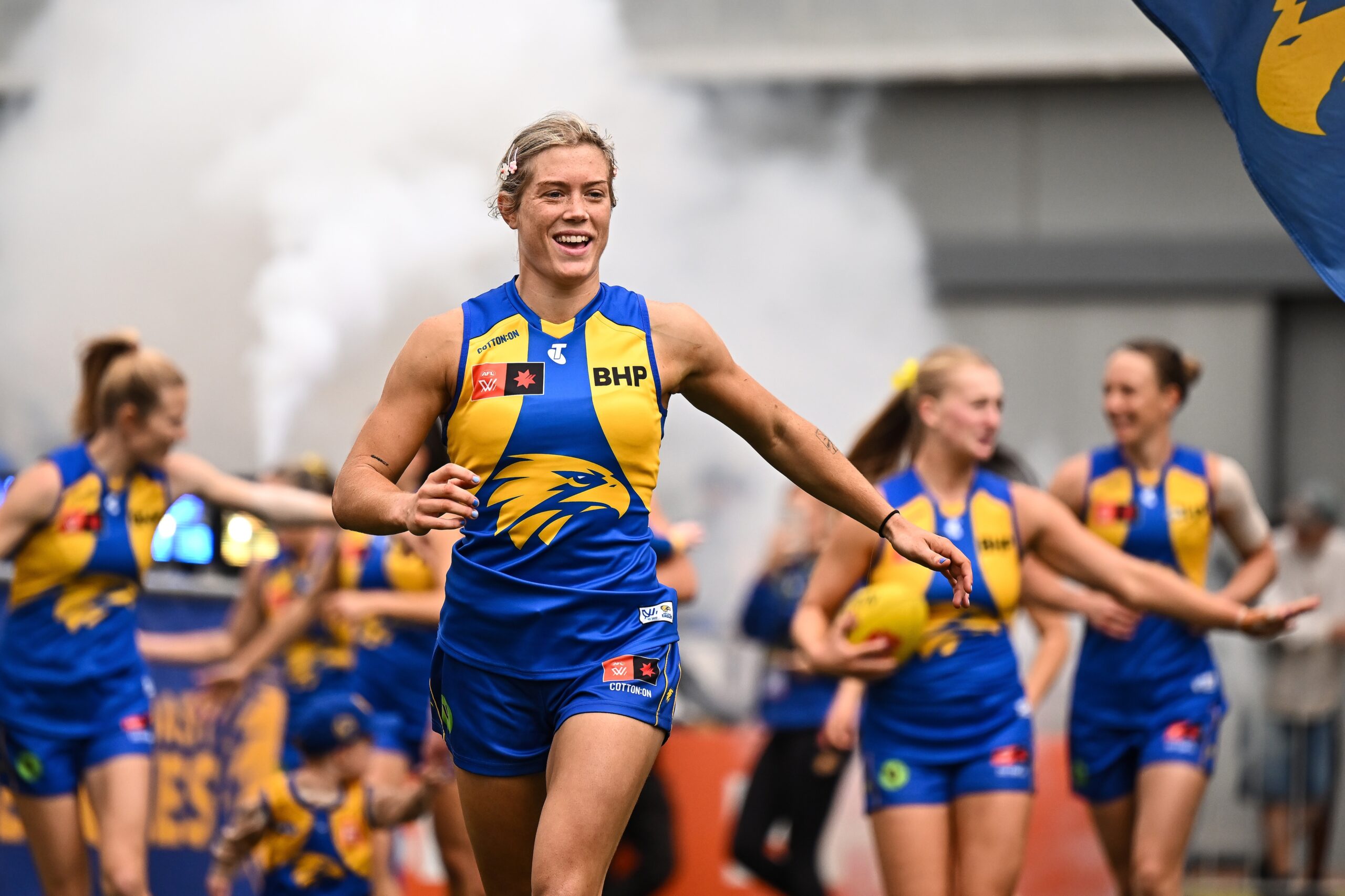
Nagi Maehashi, the influential founder of RecipeTin Eats, has publicly criticized Australian PR agencies for offering inadequate compensation for sponsored social media posts. With a substantial following of 1.7 million on Instagram, Maehashi took to her Stories on Tuesday to express her frustration with the offers she receives, which often consist of free products like chocolates or pasta rather than monetary payment.
In a candid message, Maehashi addressed the PR agencies directly: “Dear PR agencies of Australia… Please take my personal details off your database. How did you even get my private email address?” She further criticized the expectations placed on influencers to create content such as video reels and Stories posts, asserting that the exchange of free goods does not justify the effort required.
“No, I am not interested in creating 1-3 Instagram Stories (and) an IG Reel or carousel post to promote your clients’ restaurant or product in exchange for a FREE packet of Reese’s or a FREE bowl of pasta,”
Maehashi concluded her message with a pointed remark about outdated marketing strategies: “It’s 2025. Spray-and-pray-copy-paste email blast outs aren’t a strategy anymore.”
The Broader Context of Influencer Marketing
This development follows a broader conversation about the value of influencer marketing and the compensation influencers receive. As social media platforms become increasingly integral to brand strategies, the role of influencers has evolved. However, the disparity in compensation remains a contentious issue, with many influencers advocating for fair pay that reflects their reach and impact.
According to industry experts, the influencer marketing industry is projected to grow significantly, with brands expected to spend up to $15 billion by 2025. Despite this growth, many influencers report receiving offers that do not align with the time and effort required to produce quality content.
Recent Controversy and Its Implications
Maehashi’s outspoken stance on PR practices comes on the heels of a high-profile controversy involving accusations of plagiarism. In April, Maehashi accused Brooke Bellamy, founder of Brooki Bakehouse, of plagiarizing her caramel slice and baklava recipes for Bellamy’s cookbook, Bake With Brooki. The allegations led to weeks of online scrutiny, with Bellamy issuing statements to defend her work.
Bellamy admitted that her recipes were inspired by others but maintained their personal significance:
“While all of these recipes are personal to me, I cannot say that I have invented the cookies, cupcakes, brownies or cakes in the recipe book. They are all inspired from somewhere and someone before me.”
She emphasized her primary inspiration came from her mother, with whom she learned to cook and bake.
The controversy intensified when American baker Sally McKenny claimed her vanilla cake recipe had also been used without permission. Bellamy, however, rejected the notion of theft, stating that baking often involves shared techniques and formulas:
“Many recipes are bound to share common steps and measures: if they don’t, they simply don’t work.”
Looking Ahead: The Future of Influencer Collaboration
The ongoing dialogue about influencer compensation and intellectual property rights highlights the need for clearer guidelines and fair practices in the industry. As influencers like Maehashi continue to advocate for equitable treatment, the pressure on brands and PR agencies to adapt their strategies grows.
Meanwhile, Bellamy’s bakery in Brisbane remains popular, with strong community support despite the controversy. The incident underscores the complex dynamics of the digital age, where creativity, ownership, and compensation intersect.
As the influencer landscape continues to evolve, industry stakeholders will need to navigate these challenges to foster a more sustainable and respectful environment for all parties involved.





